Did you know that the average annual cost of in-home care in the United States has now surpassed $60,000? It’s a staggering figure that’s leaving many families scrambling for alternatives. But what if I told you that an unlikely solution might be just around the corner?
Enter the world of humanoid robots. Chinese company Fourier Intelligence’s latest creation, the GR-2 humanoid robot, is pushing the boundaries of what we thought possible in elderly care and assistance for people with disabilities. This advanced machine isn’t just about replacing human caregivers – it’s about enhancing the quality of life for those who need assistance the most.
Think about it: with the global population of adults aged 65 and older expected to double by 2050, we’re facing a potential care crisis. Humanoid robots like the GR-2 could be the solution we need, offering a level of consistent, personalized care. So, are you ready to explore how this futuristic technology could revolutionize home care and potentially save families thousands of dollars a year? Let’s dive into the GR-2 and see what the future of caregiving might look like.
GET SECURITY ALERTS, EXPERT TIPS – SIGN UP FOR KURT’S NEWSLETTER – THE CYBERGUY REPORT HERE
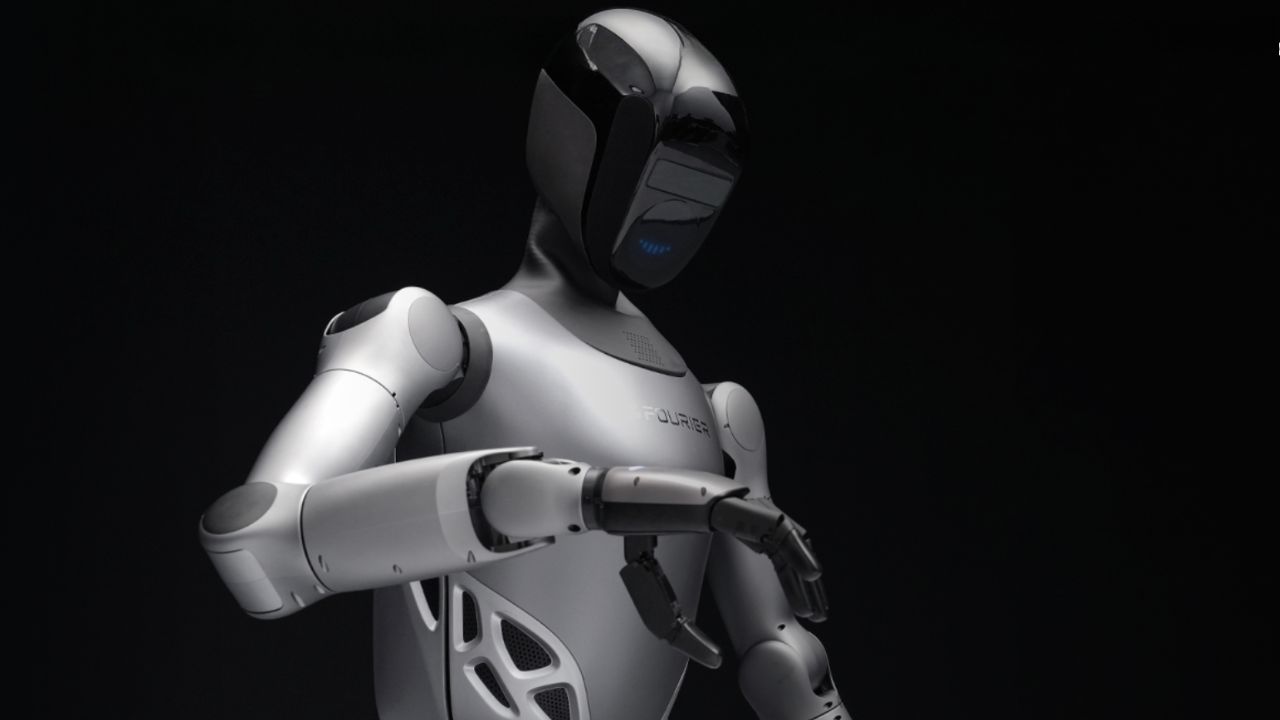
Credit: Fourier
A bigger, stronger, smarter humanoid
The GR-2 stands an impressive 5 feet 9 inches tall and weighs 139 pounds, making it a substantial presence in any room. This increased size allows for greater strength and stability, which is crucial for tasks such as helping individuals move or transfer from beds to wheelchairs.
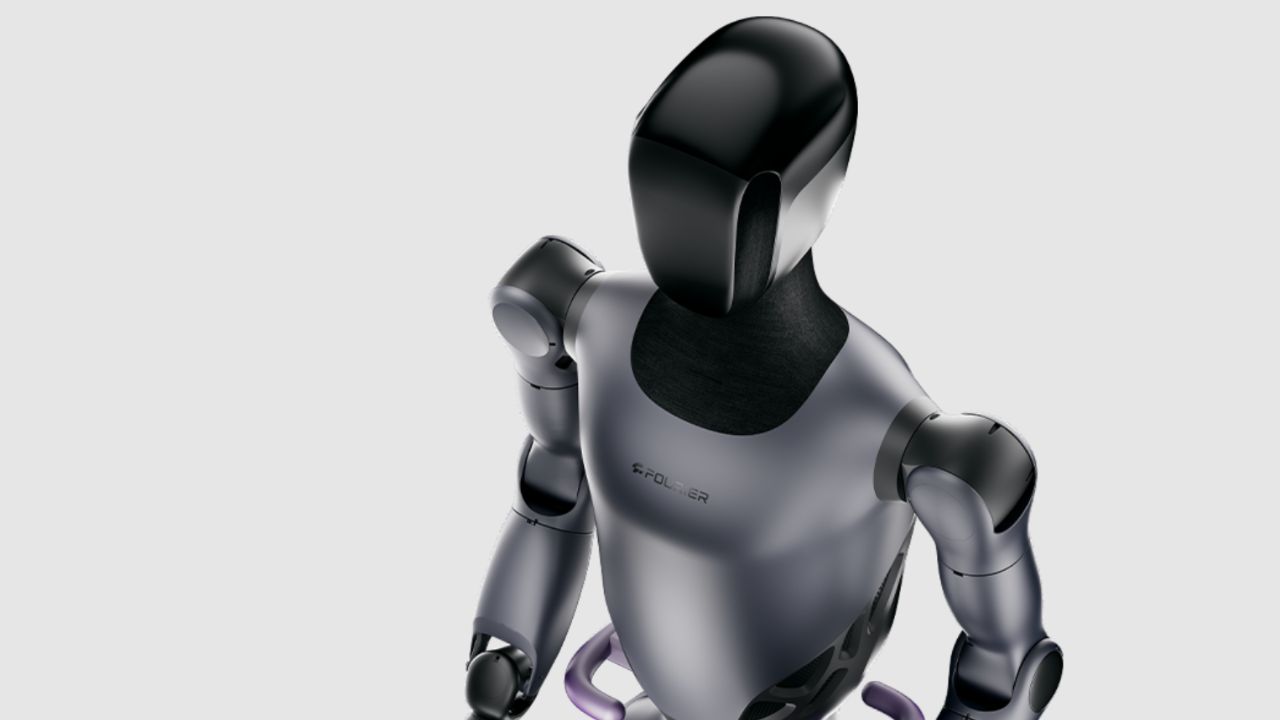
Credit: Fourier
THE CREEPY YET HELPFUL HUMANOID ROBOT READY TO MOVE INTO YOUR HOME
Impressive hardware upgrades
Fourier has made significant improvements to the GR-2’s hardware. The robot can now generate peak torques exceeding 280 lb-ft, a considerable increase from its predecessor. This enhanced strength translates to improved agility and dynamic capabilities, allowing the GR-2 to perform a wider range of tasks with ease.
The robot’s battery life has also seen a substantial upgrade. A new detachable battery doubles the capacity, extending runtime by an hour. This improvement allows the GR-2 to operate for longer periods without needing a recharge, enhancing its usefulness in home care settings.
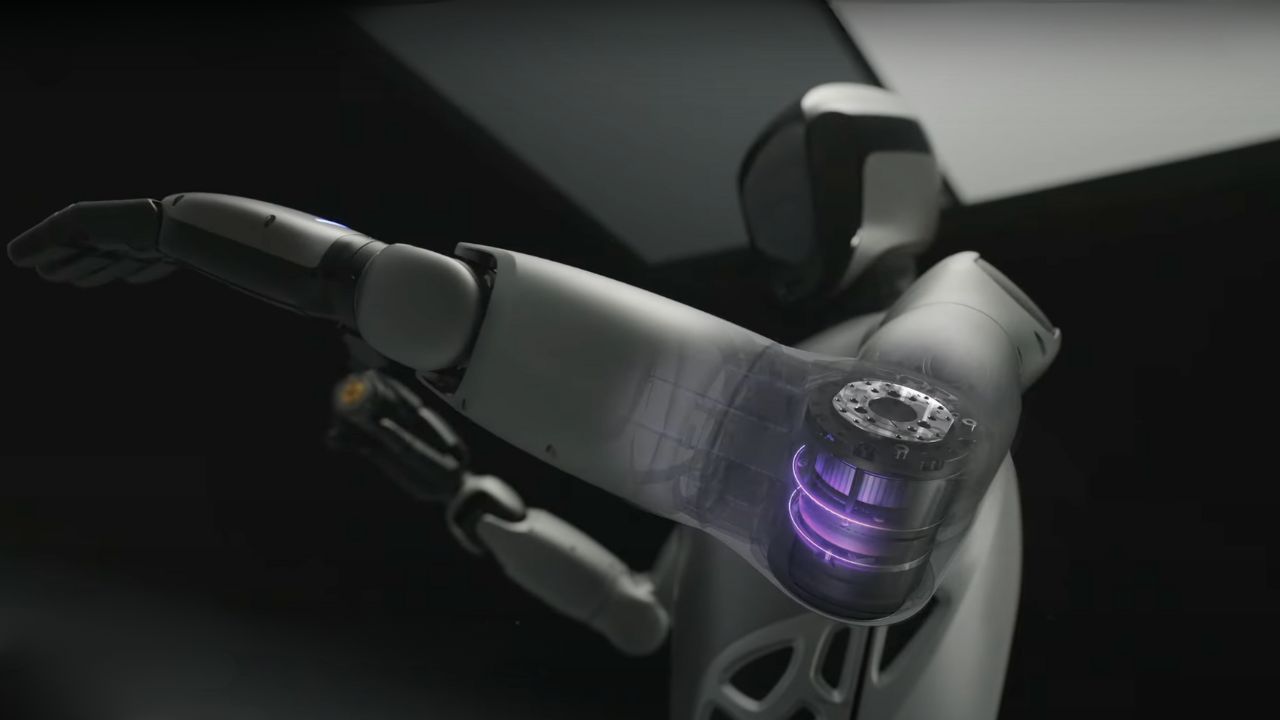
Credit: Fourier
ROBOTS REPLACE HUMAN WINDOW WASHERS ON SKYSCRAPERS
Precision in motion
One of the GR-2’s standout features is its ability to perform complex tasks with greater precision. The robot now boasts 12 degrees of freedom in its hands, doubling the dexterity of previous models. Equipped with six array-type tactile sensors, the GR-2 can sense force, identify object shapes and materials, and adjust its grip in real time. This level of sensitivity allows for safe and accurate interactions with various objects, which is crucial for assisting with daily tasks.
ROBOTS GET A FEEL FOR HUMAN TOUCH, NO ARTIFICIAL SKIN REQUIRED
Powering dynamic mobility
Fourier has developed seven distinct actuators for the GR-2, each tailored to meet specific torque demands of every joint. This innovation allows the robot to navigate complex tasks with greater flexibility and responsiveness, mimicking human-like movements more closely than ever before.
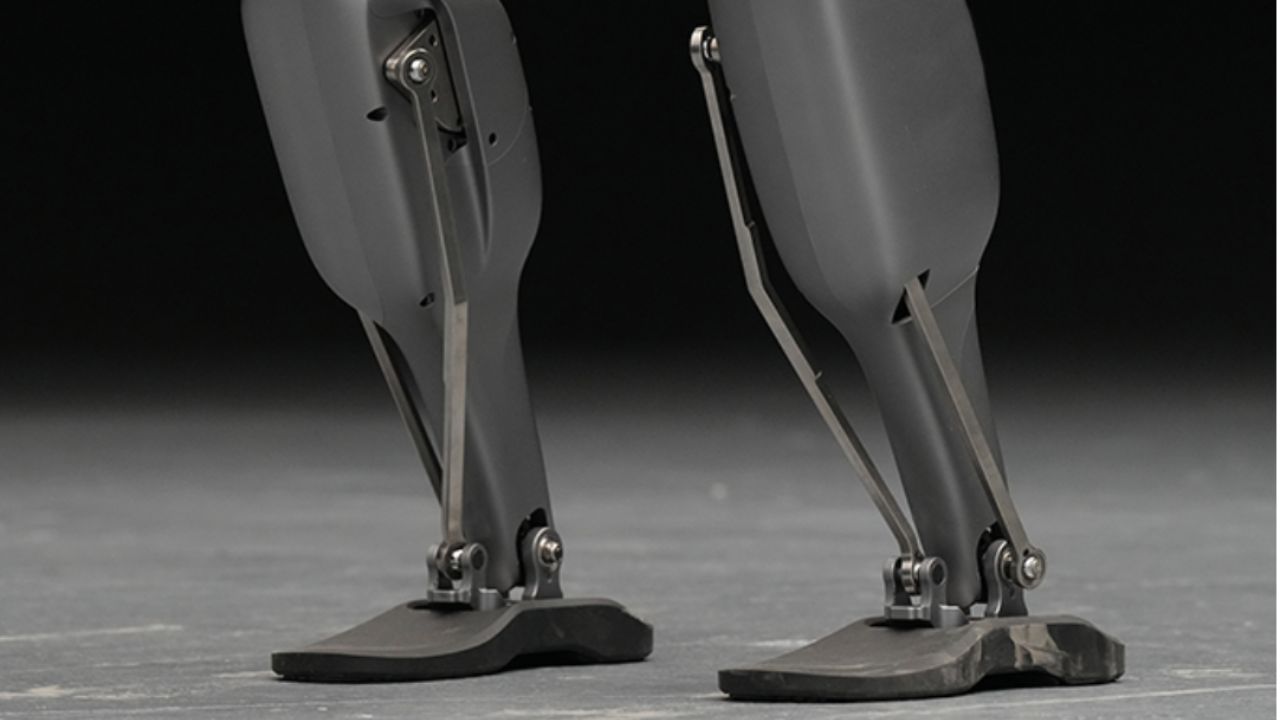
Credit: Fourier
HOW SCAMMERS ARE USING YOUR PERSONAL DATA FOR FINANCIAL SCAMS AND HOW TO STOP THEM
Developer-friendly platform
While the GR-2 shows promise for immediate applications, it’s also designed as a learning platform for robotics developers and researchers. The robot is compatible with common robotics development software tools, including ROS, Mujoco, and NVIDIA’s Isaac Lab. This compatibility allows developers to train the robot to perform complex tasks through artificial intelligence, paving the way for even more advanced capabilities in the future.
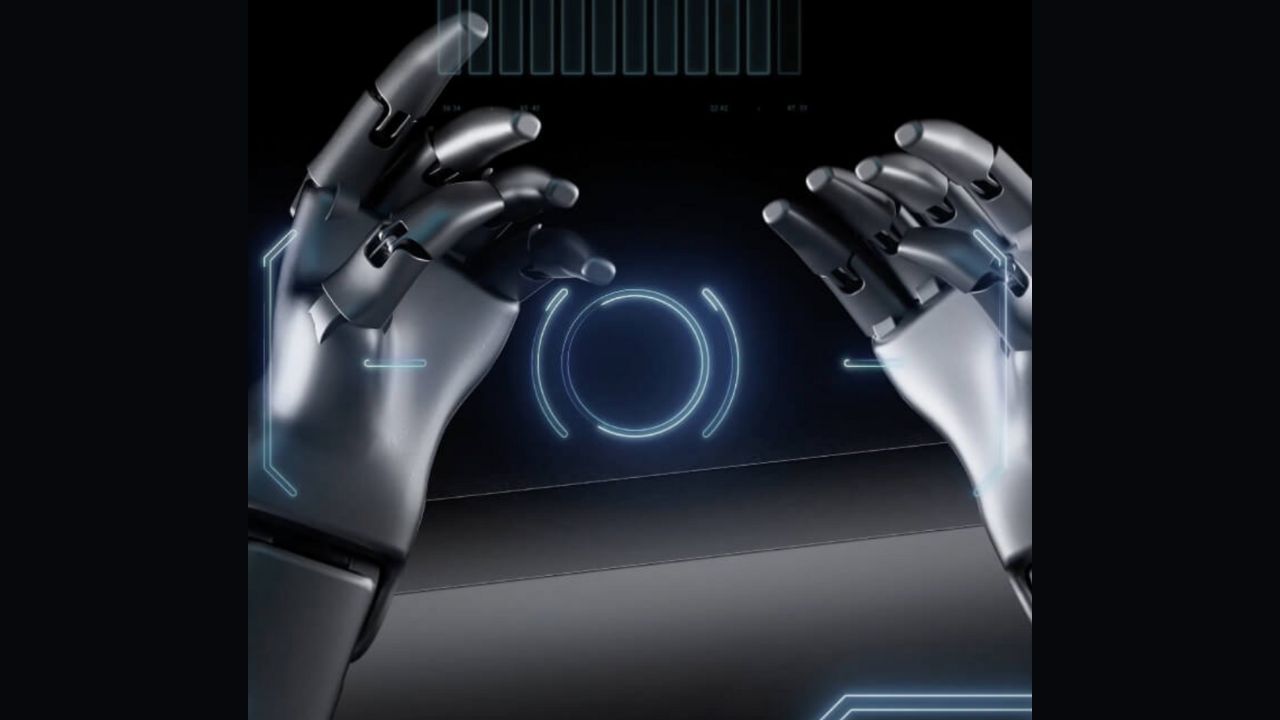
Credit: Fourier
When will the humanoid robot be available?
Although the GR-2 humanoid robot is still in development and not yet available as a consumer product, the rapid advancements in AI technology emerging from China suggest that we may soon see these innovations hitting our shores. With companies like Fourier Intelligence leading the charge, the potential for sophisticated robotic solutions to transform home care is becoming increasingly tangible. As these technologies continue to evolve, they promise not only to enhance the quality of life for those in need but also to reshape the landscape of caregiving on a global scale.
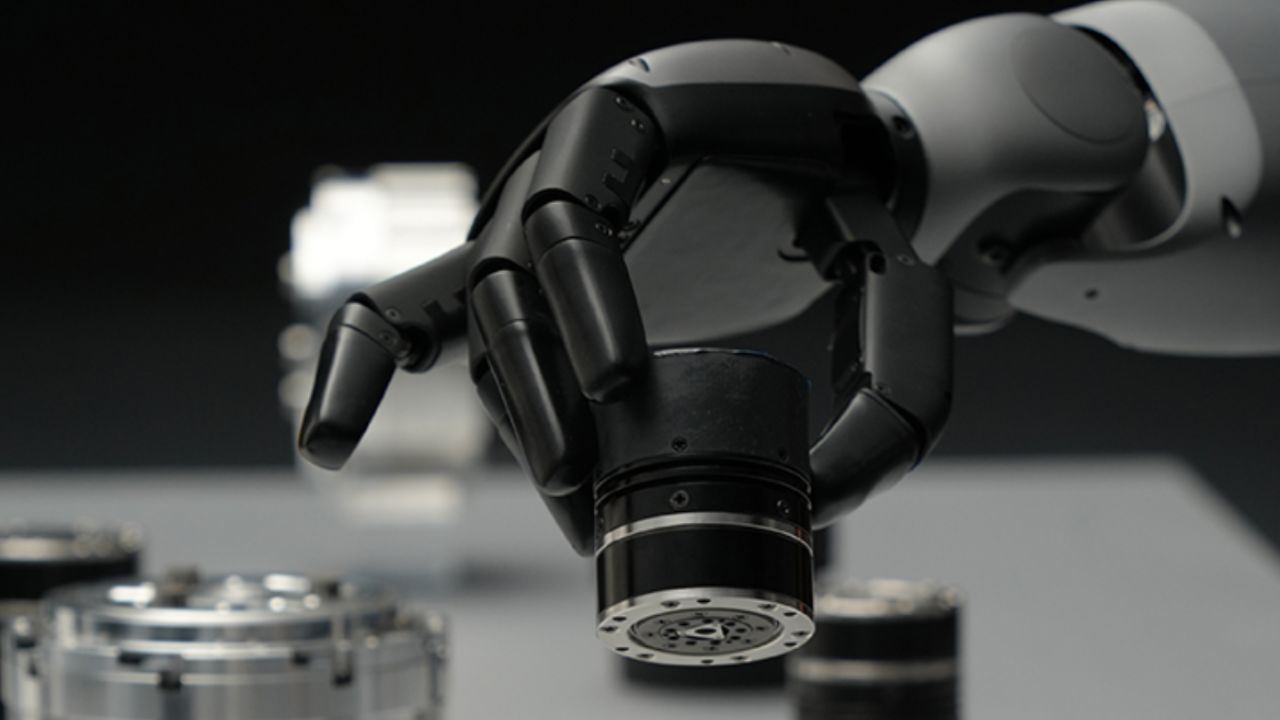
Credit: Fourier
Kurt’s key takeaways
The GR-2 represents a significant step forward in humanoid robotics, showcasing improvements in strength, dexterity, and adaptability. While still primarily a development platform, it hints at a future where robots could become integral parts of our homes, providing assistance and care where it’s needed most.
Would you feel comfortable with a humanoid robot like the GR-2 helping you out at home in your later years? Let us know in the comments below.
FOR MORE OF MY SECURITY ALERTS, SUBSCRIBE TO MY FREE CYBERGUY REPORT NEWSLETTER HERE



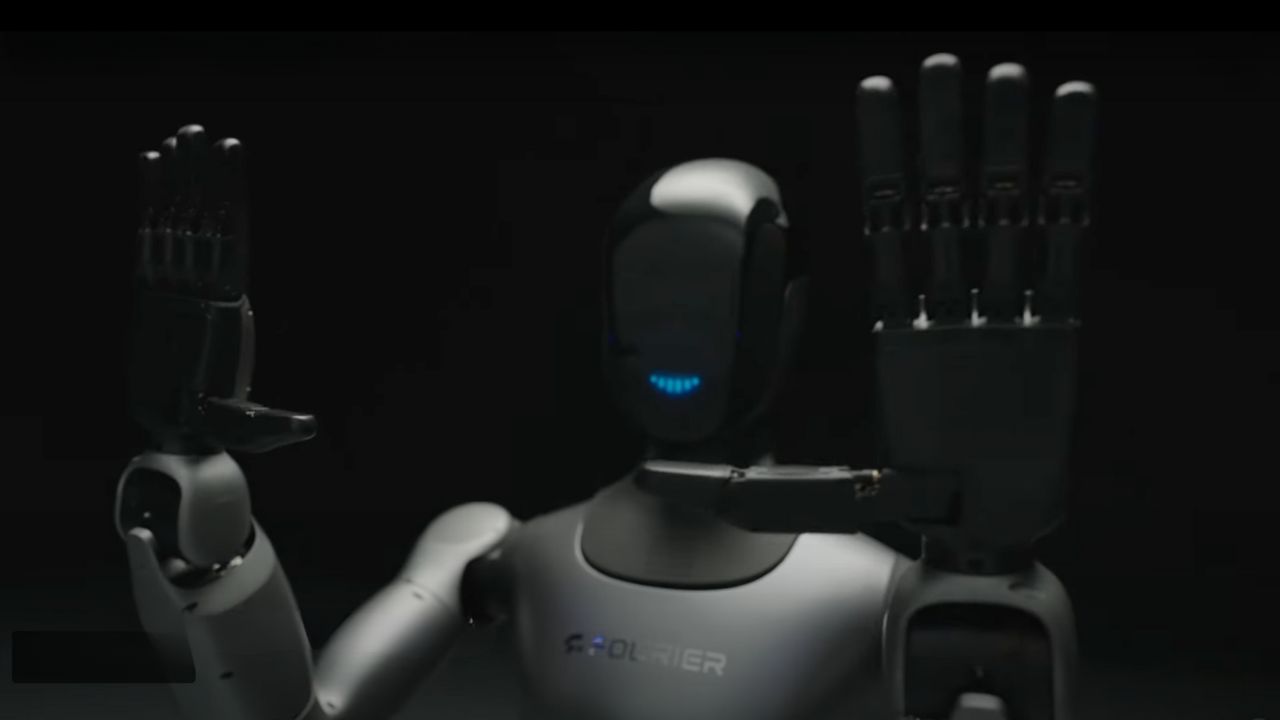
5 comments
No, not even a robot made in America. I will find a way to take care of myself or others without this thing in my home.
What is the cost? Tesla has one that is supposed to be out in 2025 cost $20,000 to $30,000 .
Cost will rise with Trump’s planned tariffs on China
I would definitely be interested.
I think it could be very helpful to anyone with a disability. The patient would not run the risk of catching Covid or other viruses from people coming into their home.